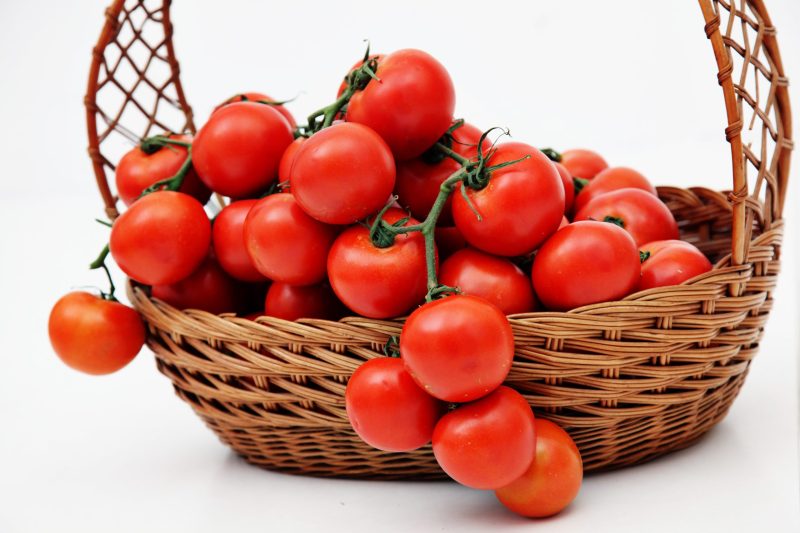Efforts are being concentrated on the development of the high-value segment, where top-quality and flavour tomatoes are the stars, differentiating itself from produce from other sources, where there is less capability for development for these products.
If the offer from Proexport companies from Murcia is analysed, it has become concentrated on producers who operate with high-value lines and very evolved structures that allow them to survive with a more extensive scope in ‘premium’ destinations.
Regardless of the variety chosen, tomato consumption per capita in Spain is 11.22 kilos per person/year, according to the 2023 Spanish Food Consumption Report by the Ministry of Agriculture (MAPA). This is translated into approximately, a total of 217 million kilos of tomatoes over the past year. A figure that rises to 13.3 kilos per person/year, if we take into account the latest analysis by the German statistics portal ‘Statista’. In total, tomatoes represent 23.4% of the total fresh vegetable consumption in Spain, and consumers spend around 990 million euros on this vegetable.
“The figures leave no room for doubt; the importance of tomatoes in the Spanish daily diet is a reality, in salads, sauces, stews or as the main ingredient in traditional dishes such as gazpacho and salmorejo,” points out Juan Hernández, Chairman of the Tomato sector at Proexport.
Economic repercussion
Tomato production has a significant economic repercussion in Spain. This crop does not only generate direct revenue through the sale of fresh and processed tomatoes, but the tomato sector also employs thousands of workers in the cultivation, harvesting, processing and distribution phases.
Likewise, Spain is an important exporter of this produce. In 2023, Spanish tomato exports reached record figures, with a 22% increase compared to the previous year, according to data from the MAPA. The main export destinations include countries from the European Union such as Germany, France and the United Kingdom. These exports do not only generate additional revenue for the producers, but they also strengthen the country’s trade balance.
The executive emphasises that “the economic impact of tomatoes is also reflected in the investment in technology and sustainability. As producers, we have adopted advanced cultivation techniques, such as drip irrigation and the use of high technology greenhouses to improve efficiency and reduce the environmental impact. These investments not only increase productivity, but they also contribute to the long-term sustainability of the agricultural sector.”
Challenges of the 2024/2025 campaign
In spite of its success, tomato production is Spain is facing several different challenges. International competition, particularly from countries such as Morocco and Turkey, has increased in recent years. In addition, climate change and price fluctuations of agricultural inputs can also affect the producers’ profitability.
“The reference and starting prices of tomatoes haven’t changed in a very long time, and they are very negative for this sector, with the calculation being highly damaging for tomato production in the European community countries, including Spain. Additionally, over the past 25 years the safeguarding mechanisms foreseen in the agreements with third countries have never been applied, when there have been times with very low prices where the safeguarding steps should have been established to protect the European community tomato producers, the spokesman from Proexport explains.
RELATED NEWS: Proexport is calling all international retailers at Berlin
Currently, one of the main threats for the sector is ToBRFV, which is attacking productions with great virulence; but the seed companies are actively working on the development of varieties that are resistant to it, while still maintaining the quality.
Along with the development of new varieties resistant to ToBRFV, the great challenge, therefore, continues to be the consumers: reaching the supermarkets with sustainable, high-quality produce with good flavour is the most important goal today, since “we believe that consumption and demand could increase appreciably, not only in Spain, but also in Europe as a whole. Tomatoes still have a long way to go,” Hernández concludes.



















